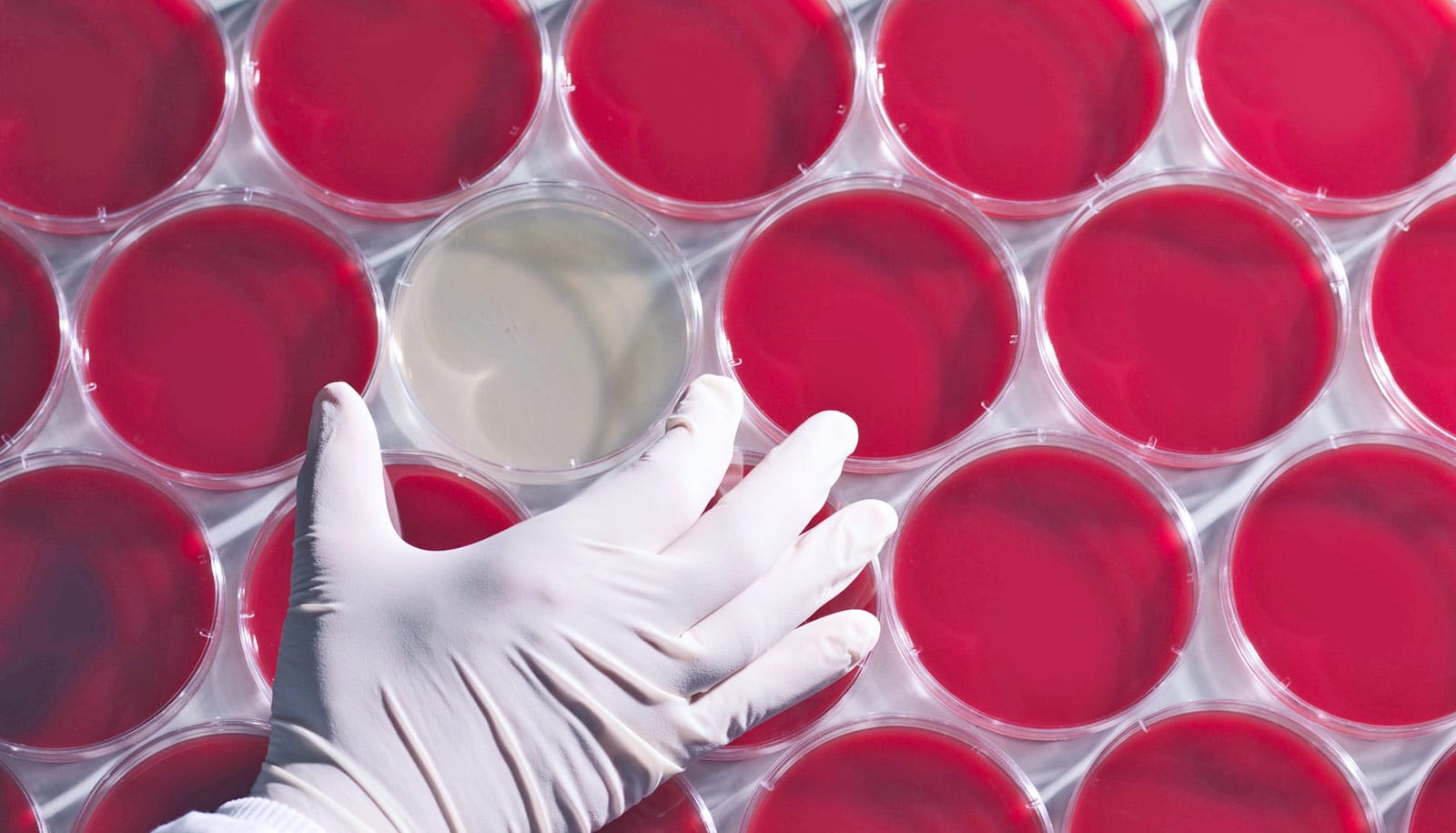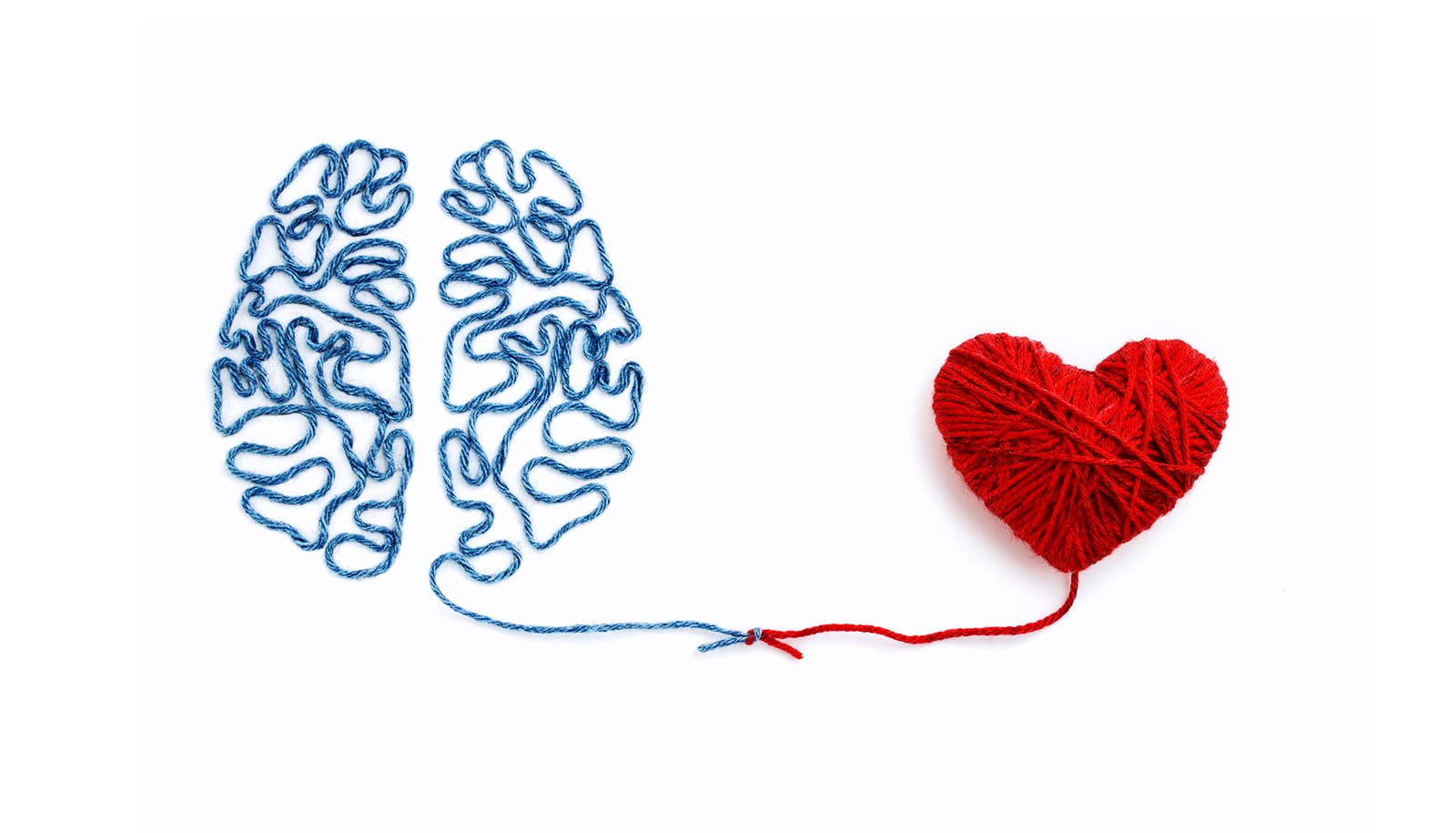Heart disease risk begins in the womb, study in sheep suggests
Offspring whose mothers had a complicated pregnancy may be at greater risk of heart disease in later life, according to a new study in sheep. The research, led by a team at the University of Cambridge, suggests that our cards may be marked even before we are born.
Jan. 22, 2019 • ~4 min






